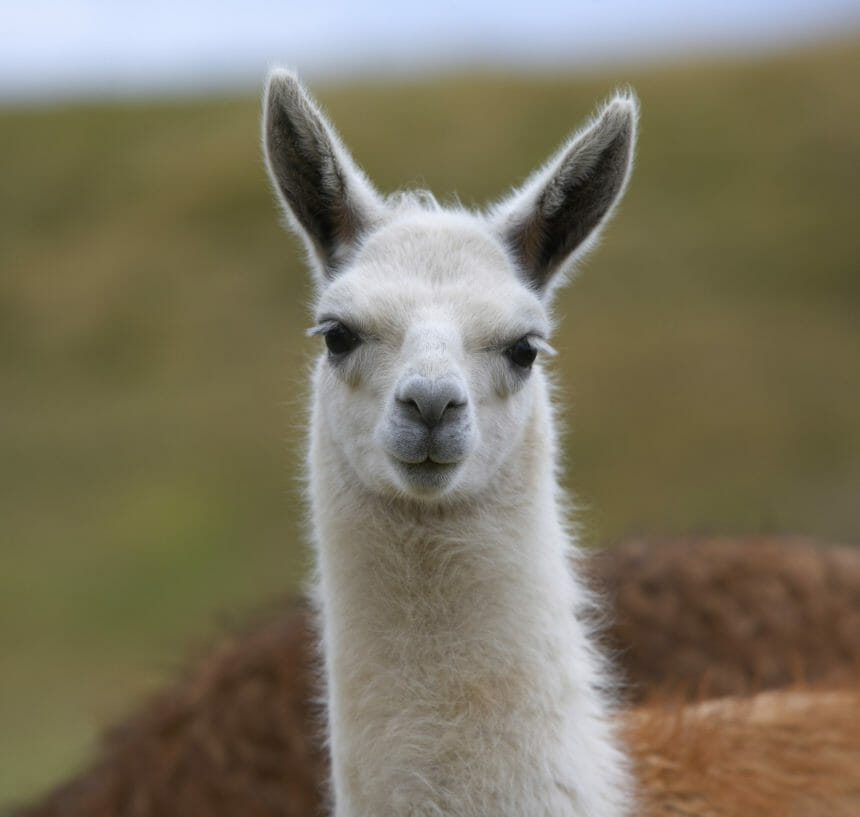
Antibodies derived from the llama, a domesticated pack animal, hold promise as a frontline treatment against COVID-19, according to researchers and public health officials in the United Kingdom.
Llamas, like alpacas and camels, generate antibodies called nanobodies against disease. In a new study, nanobodies produced by a llama named Fifi were found to have high efficacy against COVID-19 in hamsters, a first step toward developing a drug for humans.
The nanobodies were originally engineered by injecting Fifi with the coronavirus spike protein. The llama did not become ill, but developed nanobodies described by the deputy director of Public Health England as a game changer.
“These are among the most effective SARS-CoV-2 neutralizing agents we have ever tested at PHE,” said Miles Carroll, Ph.D., in response to the findings. “We believe the unique structure and strength of the nanobodies contribute to their significant potential for both the prevention and treatment of COVID-19.”
Nanobodies have been used across a variety of medical fields since their discovery 25 years ago and could have significant advantages over human antibodies if developed as a COVID-19 treatment, the researchers said.
Unlike current COVID-19 antibody treatments, which are administered by IV or injection, the llama antibodies potentially could be administered through human airways using a nebulizer or nasal spray, said co-study lead Ray Owens, Ph.D., professor and head of protein production at The Rosalind Franklin Institute, Oxfordshire, England.
“This could have benefits in terms of ease of use by patients, but it also gets the treatment directly to the site of infection in the respiratory tract,” Owens added.
They also are less costly to make and do not require cold storage, the researchers said.
The study team is seeking funding to support further investigations aimed at developing a COVID-19 drug for humans.
The study was published in the journal Nature Communications.



